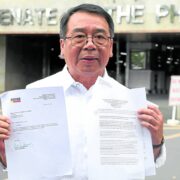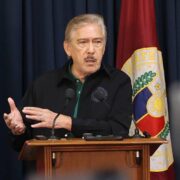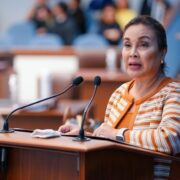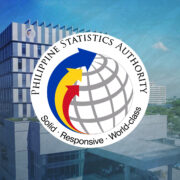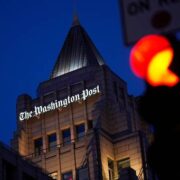BIR sues firm for evasion over P200M fake receipts

The Bureau of Internal Revenue (BIR) on Thursday filed criminal cases of tax evasion before the Department of Justice (DOJ) against the corporate officers and accountant of a trading company for using more than P200 million worth of fake receipts.
According to the BIR, the accountant allegedly conspired with her relatives to create fake businesses so the company could use the fake receipts to claim expenses as part of its cost of sales for the taxable year 2021.
The cases filed before the DOJ were for violations of the National Internal Revenue Code, particularly the attempt to evade or defeat tax (Section 254), failure to supply correct and accurate information (Section 255), willful aiding or abetting, knowingly making false entries or fictitious names in the books of accounts and violations related to the printing of such receipts or invoices.
“The use of fraudulent receipts, whether it be fake receipts or ghost receipts, is tax evasion. This case is particularly deceitful because it was the company accountant [who] provided for a way to get fake receipts,” BIR Commissioner Romeo Lumagui Jr. said in a statement.
Multiple charges
On March 5 this year, the DOJ said it filed multiple charges against Buildforce Trading Inc., its corporate officers and a certified public accountant for purposely defrauding the government of tax dues after an investigation by the National Bureau of Investigation revealed that the company produced fictitious receipts and invoices.
The case stemmed from the complaint filed by the BIR against respondents under its “Run After Fake Transactions” program.
After an assessment of the affidavits and evidence submitted by the parties, state prosecutors filed before the Quezon City Regional Trial Court one count each of attempt to evade or defeat tax, and willful failure to supply correct and accurate information in the income tax return, and four counts of willful failure to supply correct and accurate information in quarterly value-added tax returns against the corporation and its two corporate officers.
The public accountant, on the other hand, was charged with one count of making false entries, records or reports before the Metropolitan Trial Court.




